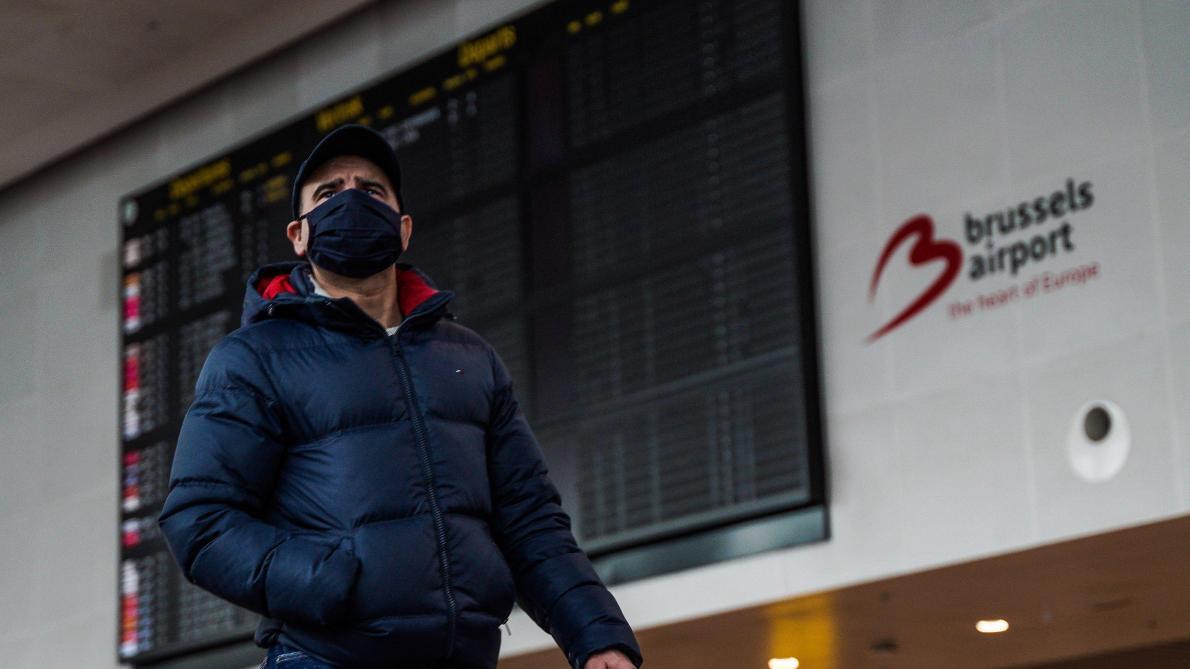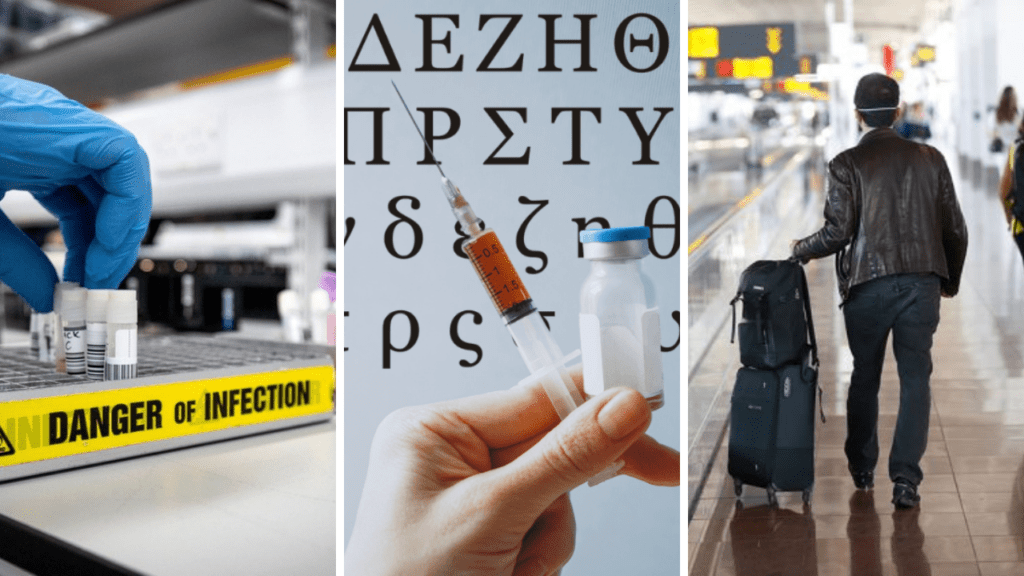Since June, the World Health Organisation (WHO) is no longer calling newly-discovered coronavirus "variants of concern" after the country where they were first detected them, but instead after letters of the Greek alphabet.
In practice, this meant that the variant discovered in the United Kingdom in late 2020 was named Alpha, the first one in South Africa was labelled Beta, the one in Brazil became Gamma, and the most infectious one so far – initially detected in India – is now known as the Delta variant.
So-called "variants of interest" also get a Greek letter but as they usually do not spread widely and pose such a threat, those variants (such as Eta, Iota, Lambda and Mu) are less used and less well-known.
Yet despite the apparent logic in labelling successive variants with Greek letters, it was not only classicists who spotted the jump from the lesser-known 'Mu' variant to the latest 'Omicron' that dominates headlines. Surely 'Nu' came next?
Belgian virologist Marc Van Ranst took to Twitter to explain the WHO's choice to skip two letters of the Greek alphabet: the letter 'Nu' was passed over because it would have caused too much confusion with the word 'New'.
And what about 'Xi' (which follows Nu)? Well, the use of the Greek alphabet to name the variants was largely driven by a diplomatic concern that countries would be stigmatised for detecting new strains of the coronavirus.
In this same spirit of diplomacy, Van Ranst explained that the WHO feared 'Xi' would be linked to the Chinese President Xi Jinping and tactfully opted for the more neutral 'Omicron'.
This means that we are now at the 15th letter of the Greek alphabet. Only nine more to go until we reach 'Omega' – the last letter.
What happens then? Will the pandemic have ended, or will the WHO start using another alphabet?
Do you have any suggestions? What do you think? Let @johnstonjules know (or @maajtee, since she wrote it today).
BUT WAIT, one last thing: Want news from The Brussels Times in your inbox every morning? Sign up for The Recap, a free daily newsletter containing all the stories you need to know from the day before. It goes great with your morning coffee.
Belgium in Brief is a free daily roundup of the top stories to get you through your lunch break conversations. To receive it straight to your inbox every day, sign up below:
1. Booster vaccines already available for all Brussels residents
All residents of the Brussels-Capital Region from 18 years old can make an appointment for a third/booster dose against the coronavirus from this week. Read more.
2. Closing borders and new travel restrictions: Countries react to Omicron variant

As more cases of the new Omicron variant of the coronavirus are being reported across the world, more and more countries are imposing tougher travel restrictions. Read more.
3. ‘One certainty is the impact of our personal behaviour,' says De Croo
On Monday morning, Prime Minister Alexander De Croo spoke about the recently-announced coronavirus measures and, in particular, on the probability that traditional end of year celebrations will be able to proceed. Read more.
4. Several rush hour train services to be scrapped from Monday
Up to ten peak time trains to and from Brussels will be temporarily cancelled starting from Monday, Belgian railway company SNCB announced this weekend. Read more.
5. New measures announced for Belgian schools
Stricter rules are being implemented across a variety of sectors in Belgium to curb the rising number of infections and limit the damage as a result of this, including in schools across the country. Read more.
6. ‘Not feasible’: Doctors refuse to follow new testing strategy
Doctors have warned they will not follow the government’s adapted testing strategy which would see vaccinated people who were in close contact with a person infected with the coronavirus being tested just once. Read more.
7. Flanders introduces ‘invisible’ speed cameras
New digital speed cameras that are essentially invisible to the road user are being introduced on various roads and motorways in Flanders, Flemish Minister for Mobility Lydia Peeters announced. Here's more.

